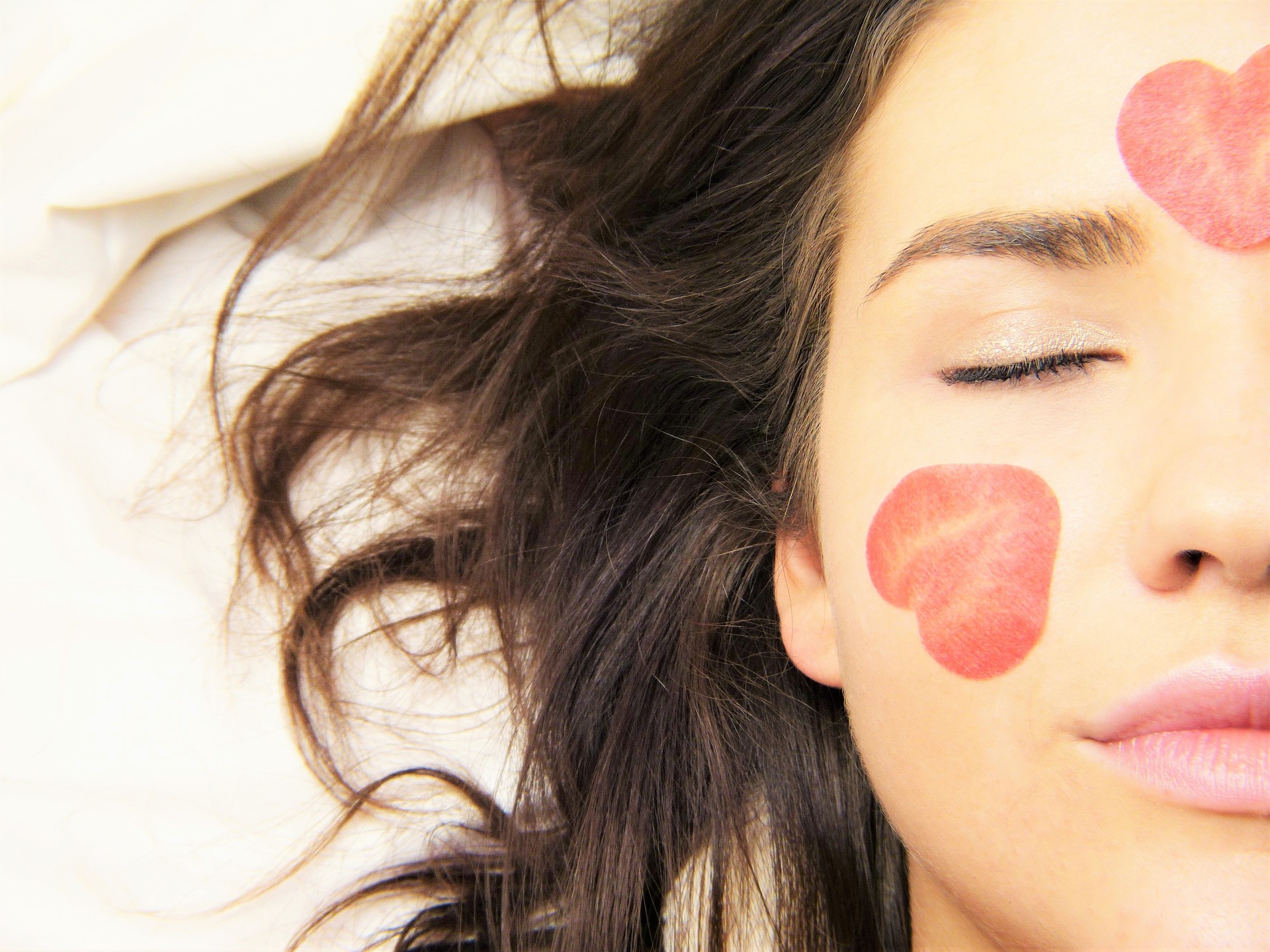Beauty Sleep: The Science of Overnight Skin Renewal
In the realm of beauty and wellness, a revolutionary concept is gaining traction: beauty sleep. Far more than just a catchy phrase, this phenomenon is rooted in scientific research that reveals the intricate processes our skin undergoes during nighttime rest. As we slumber, our bodies engage in a complex dance of cellular repair and regeneration, with our largest organ – the skin – taking center stage. This nightly renewal cycle offers a golden opportunity for targeted skincare interventions, sparking innovation in the beauty industry and reshaping our understanding of effective skin health practices. The intersection of sleep science and dermatology is unveiling fascinating insights into how we can optimize our nightly rest for maximum beauty benefits, potentially transforming our approach to skincare routines and sleep habits alike.
Research has shown that skin cell proliferation peaks between 11 PM and 4 AM, with cell division occurring up to three times faster compared to daytime rates. This increased cellular activity is accompanied by enhanced blood flow to the skin, facilitating the delivery of nutrients and oxygen necessary for repair and renewal.
Moreover, the production of collagen, the protein responsible for skin’s firmness and elasticity, ramps up during sleep. Studies have found that collagen synthesis can increase by up to 40% during deep sleep stages, contributing to the reduction of fine lines and wrinkles over time.
Hormonal Harmony and Skin Health
The relationship between sleep and skin health is further mediated by hormonal fluctuations. During sleep, the body experiences a surge in growth hormone, which plays a crucial role in tissue repair and cell regeneration. This hormone helps stimulate the production of new skin cells and collagen, contributing to a more youthful appearance.
Conversely, sleep deprivation can lead to increased levels of cortisol, the stress hormone. Elevated cortisol can break down collagen, impair skin barrier function, and trigger inflammation, potentially exacerbating skin conditions like acne, eczema, and psoriasis.
Melatonin, often referred to as the sleep hormone, also plays a significant role in skin health. Beyond its sleep-inducing properties, melatonin acts as a potent antioxidant, protecting skin cells from oxidative stress and DNA damage. Some studies suggest that topical application of melatonin may enhance its protective effects on the skin.
The Impact of Sleep Quality on Skin Appearance
While the quantity of sleep is important, the quality of sleep also significantly influences skin health and appearance. Research has shown that poor sleep quality is associated with increased signs of aging, reduced skin barrier function, and lower satisfaction with appearance.
A study published in the journal Clinical and Experimental Dermatology found that people who slept seven to nine hours a night had skin that was more moisturized and better able to protect and heal itself compared to those who slept five hours or less. The well-rested participants also rated themselves as more attractive and were perceived as healthier by objective observers.
Sleep stages also play a role in skin renewal. Deep sleep, or slow-wave sleep, is particularly crucial for skin health as it’s during this stage that growth hormone secretion peaks, driving cellular repair and regeneration.
Optimizing Nighttime Skincare Routines
Understanding the science of beauty sleep has led to innovations in nighttime skincare products and routines. Many skincare brands now offer specialized nighttime formulations designed to work in synergy with the skin’s natural repair processes.
Key ingredients in these products often include retinoids, which can boost collagen production and cell turnover; hyaluronic acid for intense hydration; and peptides to support skin structure and function. Some formulations also incorporate time-release technology to ensure a steady delivery of active ingredients throughout the night.
However, it’s important to note that less can sometimes be more when it comes to nighttime skincare. Overloading the skin with too many products can potentially disrupt its natural renewal processes. Dermatologists often recommend a simplified nighttime routine focused on gentle cleansing, targeted treatments, and hydration.
The Sleep Environment and Skin Health
The conditions in which we sleep can also impact skin health. Factors like room temperature, humidity, and bedding materials all play a role in maintaining optimal skin conditions during sleep.
A cooler room temperature (around 65°F or 18°C) is often recommended for better sleep quality. This cooler environment can also benefit the skin by reducing excess sweating and potential irritation.
Humidity levels are another important consideration. Low humidity can lead to skin dehydration, while high humidity might create an environment conducive to bacterial growth. Using a humidifier to maintain optimal humidity levels (between 40-60%) can help support skin hydration and barrier function.
The choice of pillowcase material can also affect skin health. Silk or satin pillowcases are often recommended by dermatologists as they create less friction and absorb less moisture from the skin compared to cotton. This can help reduce the formation of sleep lines and maintain skin hydration.
Future Directions in Beauty Sleep Research
As our understanding of the relationship between sleep and skin health deepens, new avenues for research and innovation are emerging. One area of interest is chronobiology-based skincare, which aims to align skincare routines with the skin’s natural circadian rhythms for optimal efficacy.
Another promising field is sleep tech for beauty. From smart pillowcases that monitor skin hydration levels to sleep-tracking devices that provide personalized skincare recommendations based on sleep patterns, technology is set to play an increasingly significant role in optimizing beauty sleep.
Researchers are also exploring the potential of sleep-enhancing supplements and their effects on skin health. Ingredients like glycine, magnesium, and certain adaptogens are being studied for their ability to improve sleep quality and, by extension, skin appearance and health.
In conclusion, the concept of beauty sleep is far more than a mere myth or marketing slogan. It represents a fascinating intersection of sleep science, dermatology, and skincare innovation. By understanding and harnessing the power of our nightly rest, we can potentially revolutionize our approach to skin health and beauty. As research in this field continues to evolve, it promises to unlock new secrets of skin renewal and pave the way for more effective, scientifically-grounded beauty practices.







